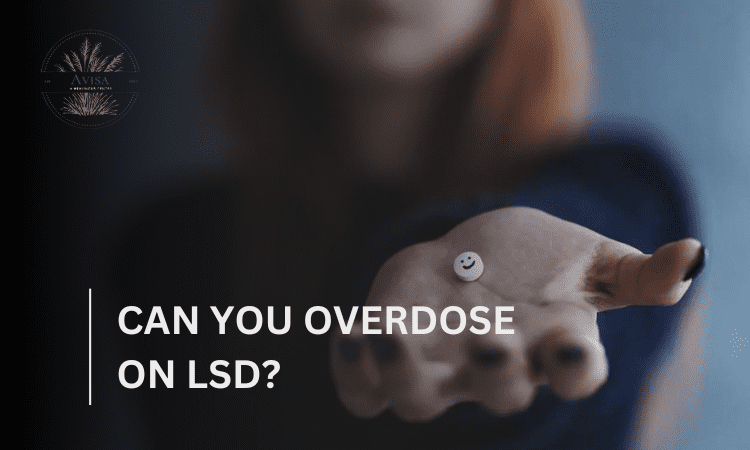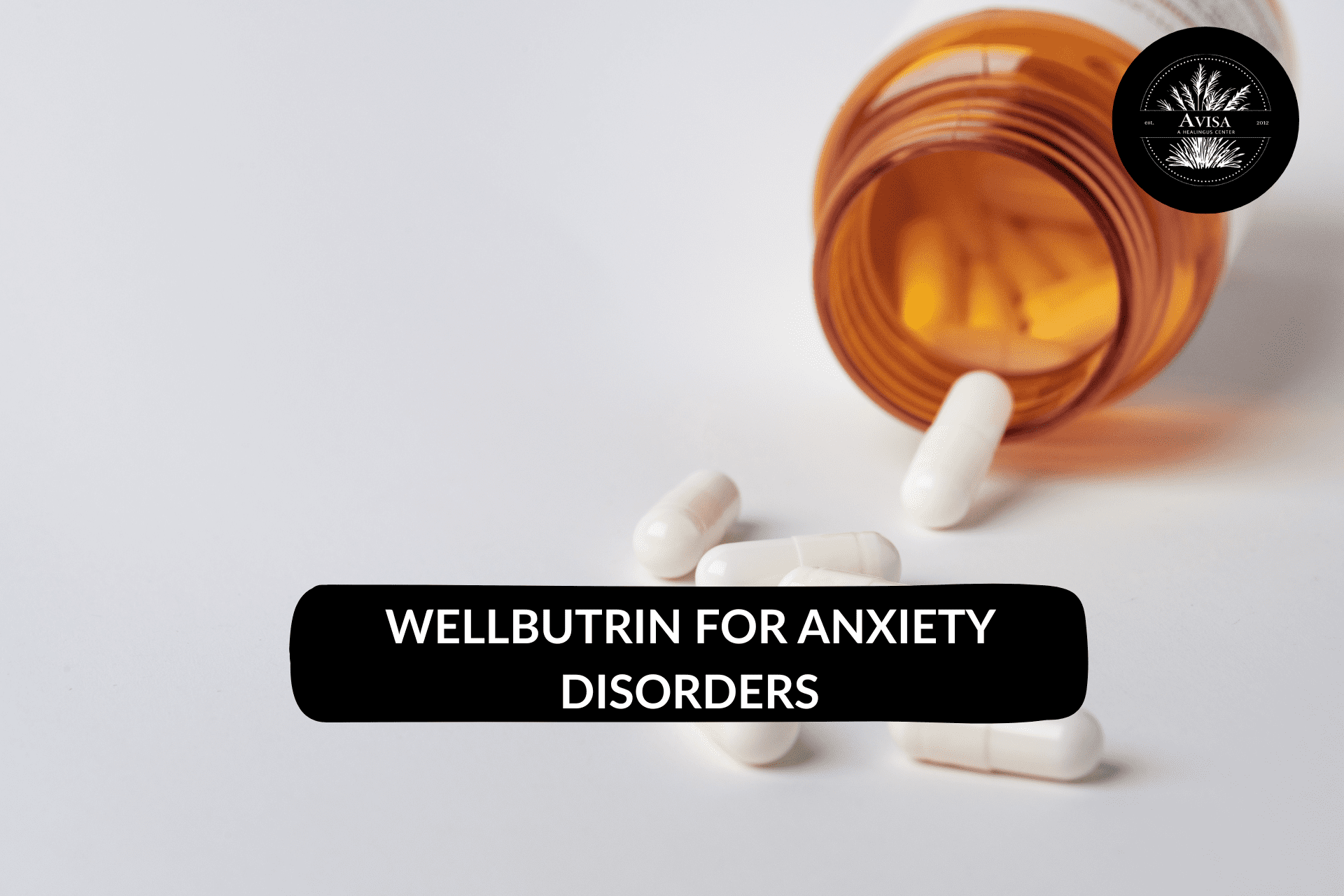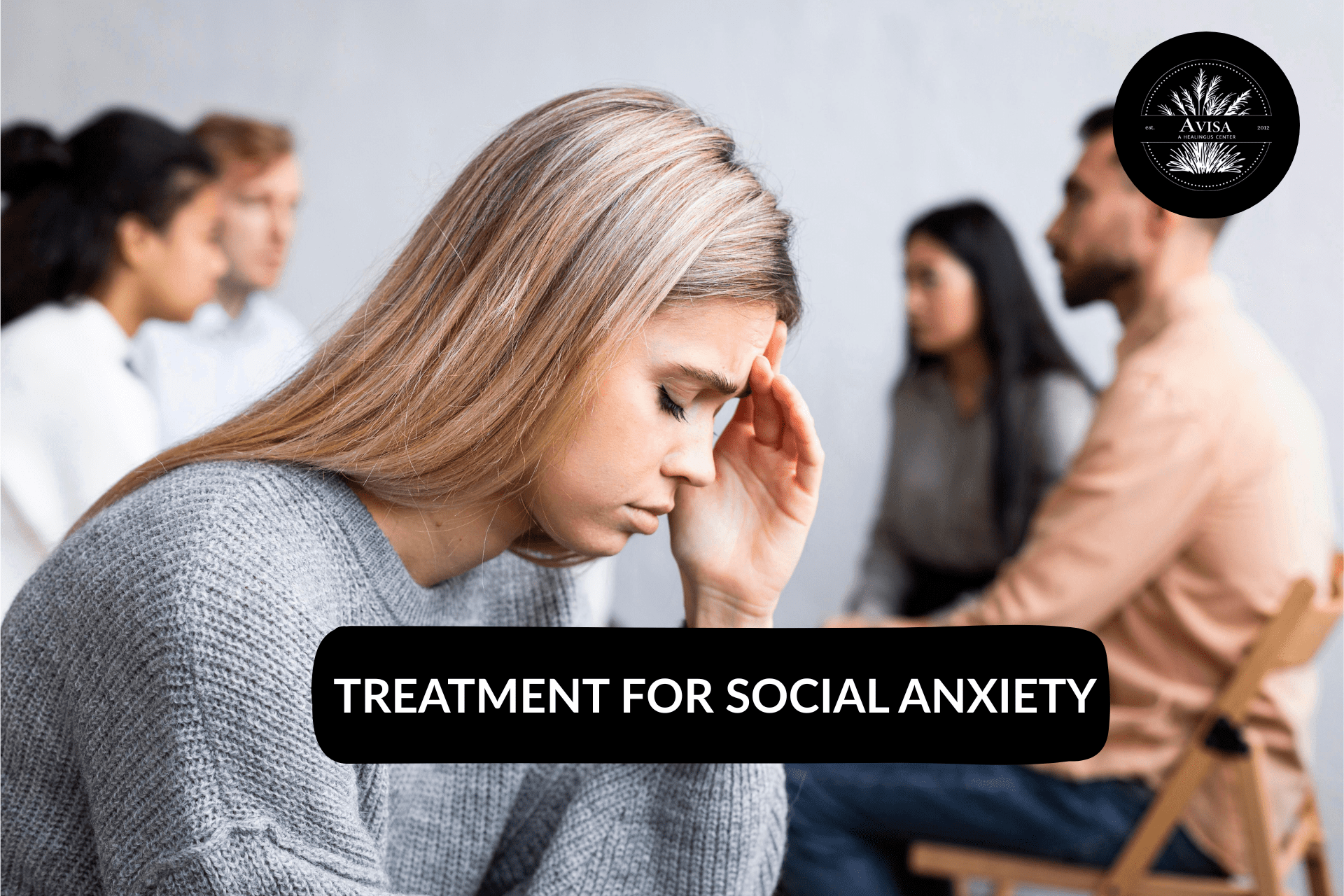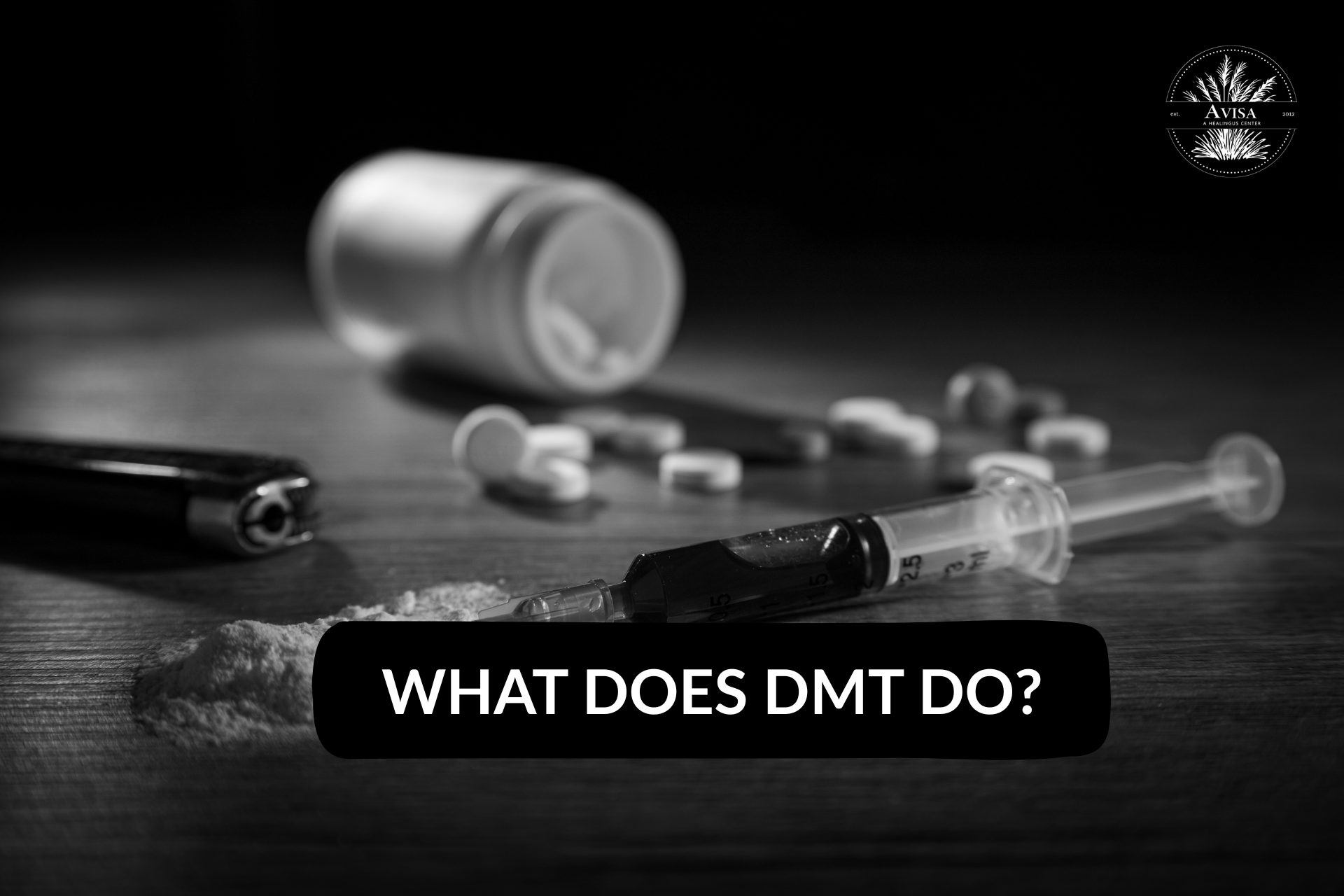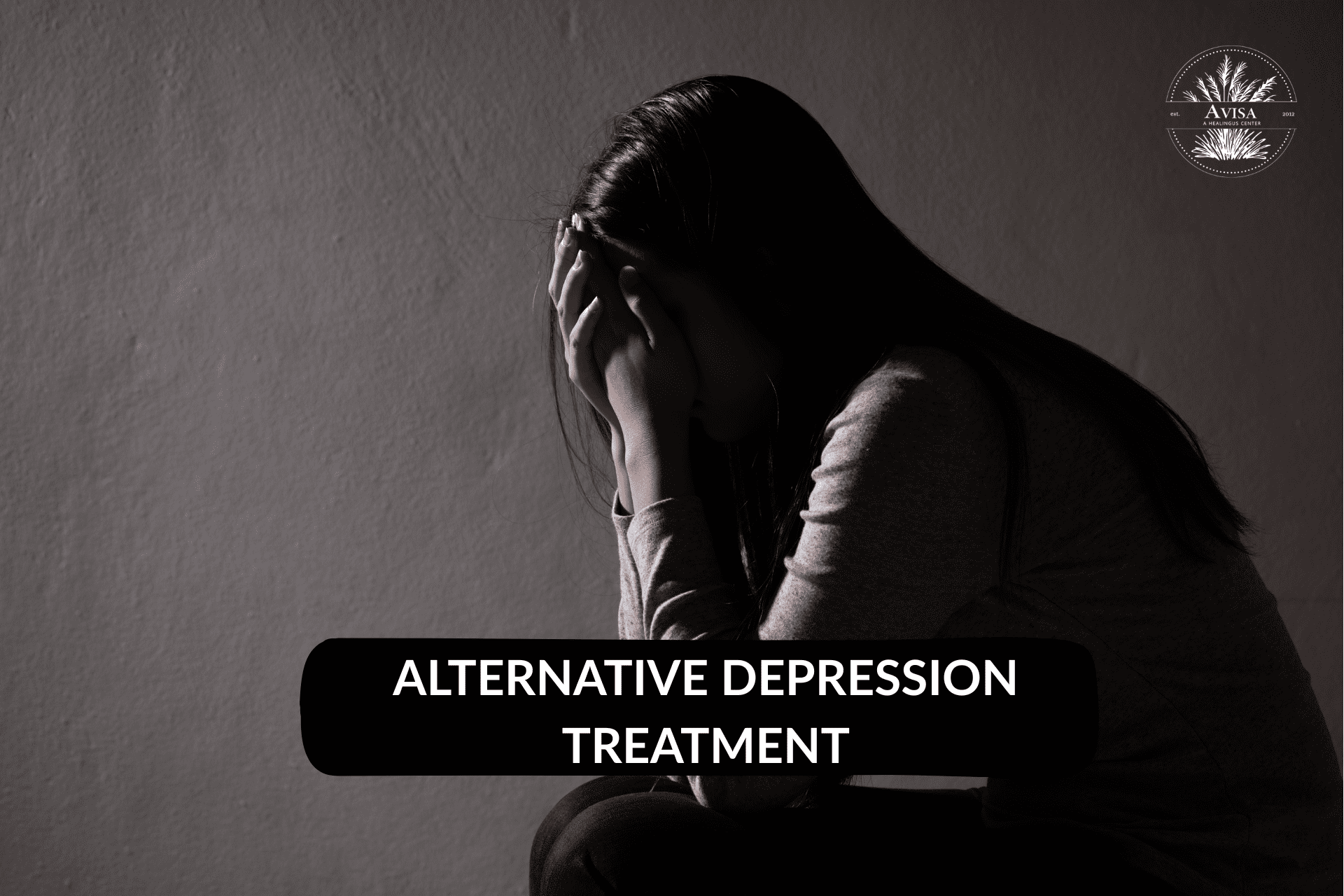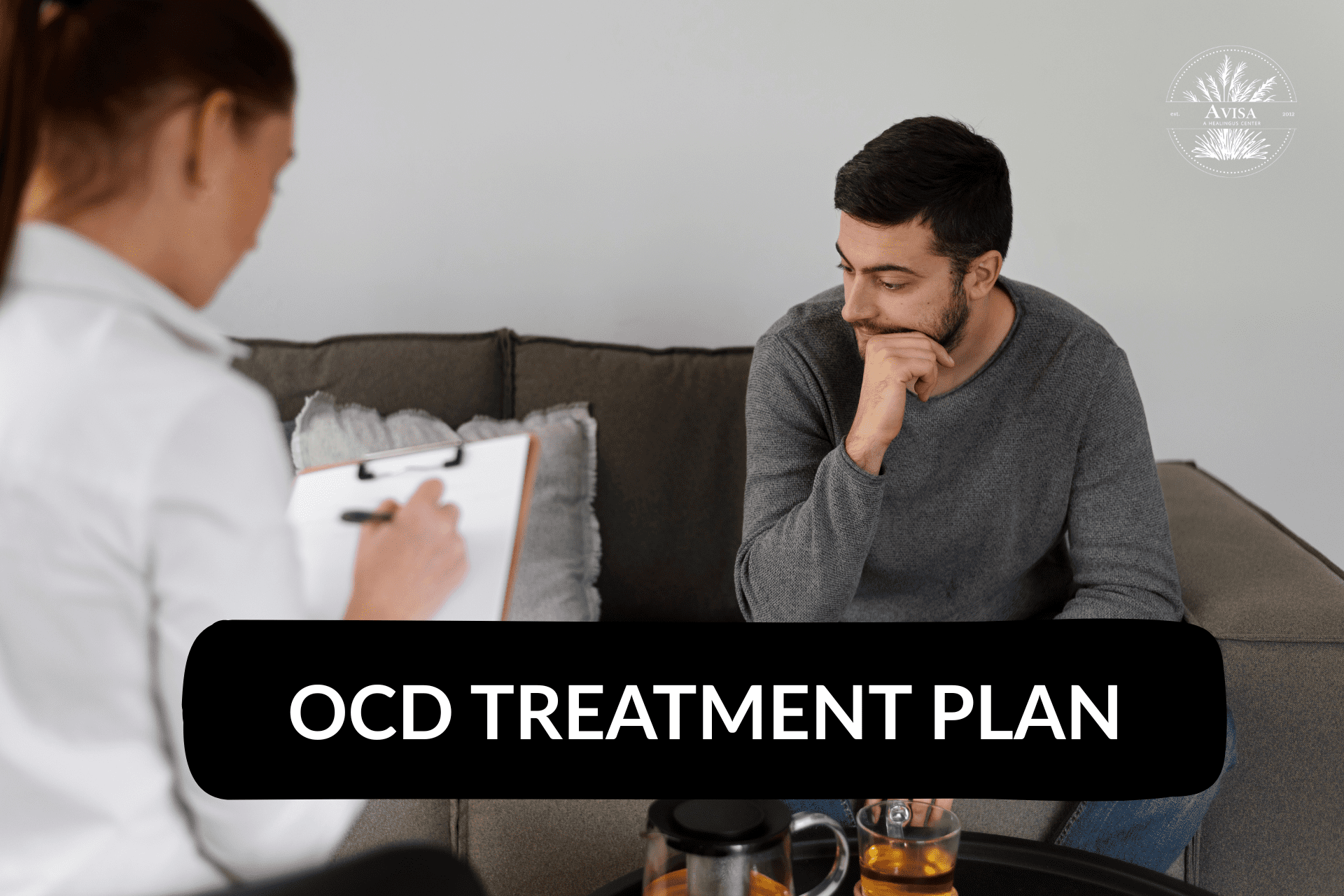Imagine that your mind is a kaleidoscope and every twist leads to a new world of bright colors and shapes. This is what makes LSD so attractive, a potent substance that can open the door of perception. However, what if one has lost control over this kaleidoscope? Thus, an adventure may easily transform into a tragedy, and now you are wondering: can you overdose on LSD?
At Avisa we know who you are, we know how curiosity together with love for novelty often make us explore substances such as LSD. But whether you or anyone dear to you want to learn about it carefully! Knowing how to be safe is important!
Every dose can deepen the risks!
Why is LSD Addictive?
LSD is often thought to be the entrance into new experiences in life or the gateway to altered realities. However, behind all these beautiful colors and intense emotions lies a black question that many do not ask themselves- could anyone overdose on LSD? It’s vital to know such risks especially if there are people who might be tempted to try it out or keep using this powerful hallucinogen.Psychological Dependence
- No physical dependence: There’s no physical addiction associated with LSD.
- Psychological attraction: The very vivid experiences make one use it over again.
- Higher doses: People may increase their dose with time since they build up tolerance for it.
Tolerance and Sensitization
- Boost tolerance: This is why your body becomes insensitive to LSD with time.
- More risk: This eventually results in increased doses for the same effect hence more hazards of severe and potentially traumatic experiences.
What Is a Bad Trip on LSD?
A “Bad Trip” is one of those things that scare people off from using LSD. In such cases, otherwise good effects of LSD become dark and terrifying. Some users may also suffer adrenalized hallucinations, while others are overwhelmed by feelings of paranoia. However, is it possible to experience an overdose by just having a bad trip on LSD? Even if not traditionally fatal as an overdose, the psychological impact can be devastating and long-lasting.Dangers Linked to Overdose in Case of Using LSD
The dangers associated with taking too much LSD include:- Extreme panic or paranoia: Intense fear together with anxiety disorders.
- Hallucinogen Persisting Perception Disorder (HPPD): flashbacks, recurrences, or rather persistent hallucinations long after the drug has been removed from your system.
- Accidental injury: Impaired judgment or extreme hallucinations.
Signs of LSD Overdose
In regular language overdose usually refers to ingesting toxic quantities which are too much for the body to handle. In terms of LSD, though a high dose doesn’t necessarily mean death, it means taking such a quantity that produces dangerous and unpredictable side-effects. Can you overdose on LSD? Of course, but it isn’t like overdosing on things like cocaine or heroin. Instead, an overdose might result in severe psychological distress, Dangerous behavior, or physical harm due to impaired judgment.Physical signs
- Dilated pupils
- Elevated blood pressure (high blood pressure) or heart rate
- Sweating or chills
Psychological symptoms
- Extreme paranoia and fear
- intense hallucinations
- disconnected from reality
What is the Threshold of Concern for LSD Overdose?
People are drawn to LSD for its ability to alter perception, mood, and consciousness. This often raises the question: Can you overdose on LSD? The risks of taking LSD include addiction potential and the notion of “the bad trip.” Crucially, signs and dangers of LSD overdose.Safe vs. Dangerous Dosage
- Safe Dosage: Generally, LSD is used in micrograms (mcg), with a common dose being between 50-150 mcg. Most users stay in this range when they use it to avoid severe reactions.
- Dangerous Dosage: Taking significantly higher doses, especially without ascertaining how your body would react or your tolerance levels may lead to severe psychological effects and increased risk of dangerous behaviors.
Factors Influencing the Threshold:
- Body Weight and Metabolism: Individuals with different body weights and metabolic rates may experience different effects at the same dose.
- Mental Health: Pre-existing mental health conditions can exacerbate negative effects or make it harder to handle high doses of LSD.
Treatment for Overdose on LSD
However, if you experience severe signs of LSD overdose or someone you know does, then you should immediately seek medical assistance. Normally, treatment involves:- Medical monitoring: Supportive care is provided by healthcare professionals in a hospital setting to manage symptoms.
- Psychological support: There may be a need for therapy or counseling to address long-lasting psychological effects or trauma.
- Hydration and rest: It is important to ensure that there’s sufficient hydration and rest as this can enable the body to get better from the acute effects of LSD more effectively.
Tired of fighting addiction and mental health struggles?
Ignoring both deepens the struggle. Our holistic approach—detox, therapy, and medication-assisted treatment—can help you heal. Take the first step today.
FAQs
Que: Can you overdose on LSD?
Ans: Yes, it is possible to overdose on LSD but it’s not similar to other substances like opioids or stimulants. Though physical death is rarely caused by taking normal amounts of LSD, consuming extremely high quantities could lead to intense emotional distress and dangerous behaviors.
Que: What are the signs of an LSD overdose?
Ans: Signs manifesting as a result of an overdose on LSD can be seen both physically and psychologically. Physically, one might observe dilated pupils, increased blood pressure, rapid heart rate, and sweating while psychologically such as hallucinations, etc.
Que: How long does LSD stay in your system after an overdose?
Ans: The duration that LSD will remain in your body depends on the kind of test being done. In urine tests, it is possible to identify LSD for 48 hours. For example, blood samples can detect its presence for approximately 24 hours while hair follicle samples may retain evidence of use for up to a month. This information is useful when determining how long the effects might take and when help should be sought.
Que: Can an LSD overdose be fatal?
Ans: Although rare, deaths from LSD overdose are possible they are not common and have several complications associated with them which if left unmanaged can lead to serious consequences. Such high doses can produce potent psychological responses such as extreme fearfulness or anxiety, hallucinations, or even feelings of persecution among others that could make a person act dangerously or harm himself indirectly leading to dire outcomes; immediate medical intervention is required to address these potential risks.
Que: What should you do if someone is experiencing an LSD overdose?
Ans: When someone has symptoms of an overdose of LSD, stay calm and reassure them. Get emergency help right away by contacting your local emergency number or taking the individual to an emergency department near you. Remove anything harmful from their reach so that they cannot hurt themselves or anyone else due to impaired judgment or hallucinations during this period. Taking action promptly can save lives.
Que: How can you prevent an LSD overdose?
Ans: To avoid an overdose on LSD, avoid overuse and be mindful of your thresholds. It is important to understand the way you are affected by LSD personally and not go beyond the same. This means being knowledgeable about both the dangers and signs of an overdose so that if anything happens, you can take quick action. Awareness and caution minimize the risks of overdosing.
Are you willing to move forward?
This is a complex area for those who want more into LSD use especially when one considers the dangers that are associated with an overdose. While it is rare for people to die from taking LSD, it can cause very extreme psychological effects which may result in dangerous actions. Knowledge about risks as well as what should be done following an overdose is important for anyone who has ever used or considered using LSD.
At Avisa we guide this journey. The confidentiality policy ensures that no one will know whether someone visits our sites or contacts us via other means. If you feel like you cannot handle your fears alone, consider seeking professional help from avisa’s dedicated team members who offer empathetic advice to all their patients until they return home happy again.


